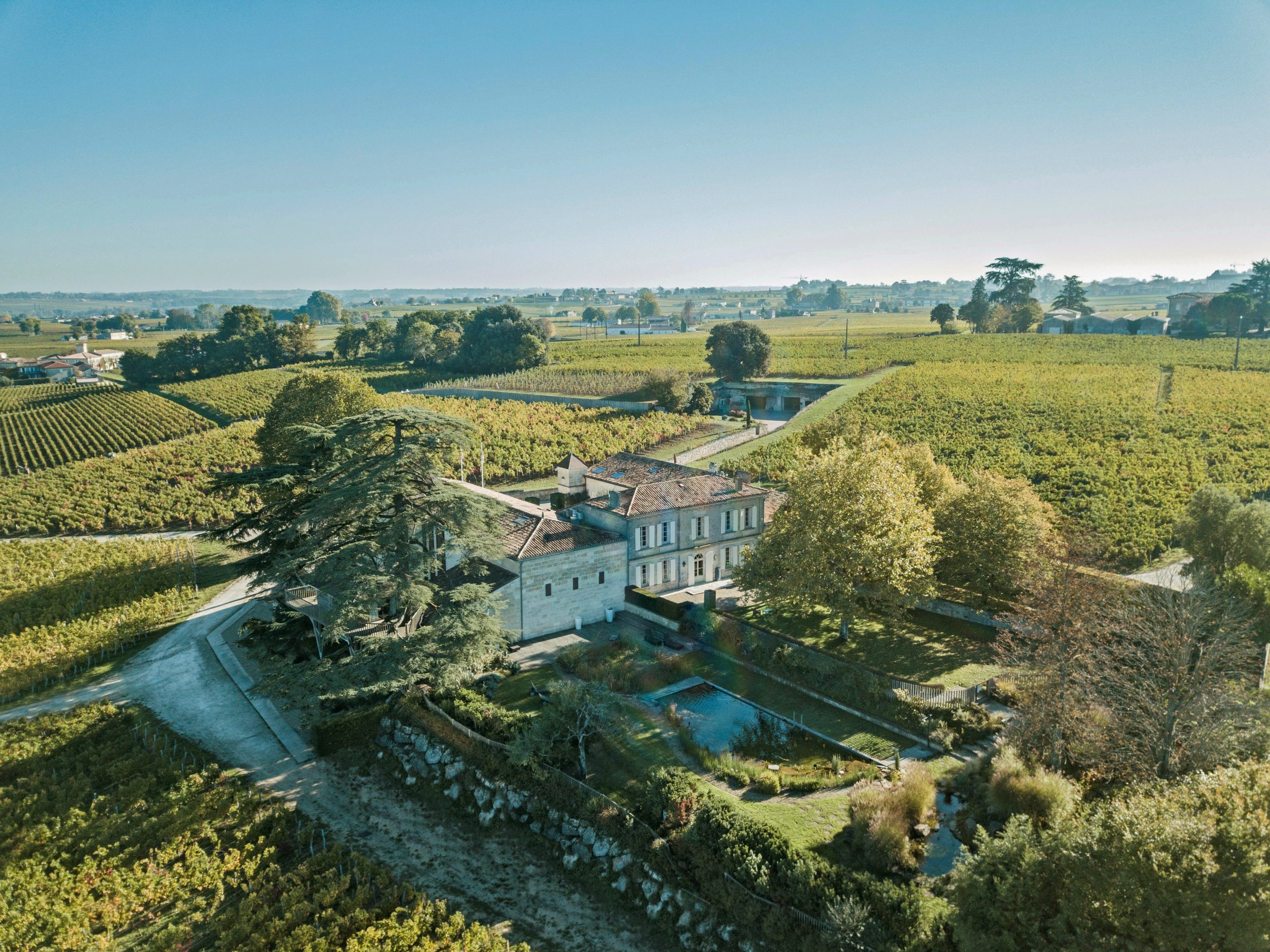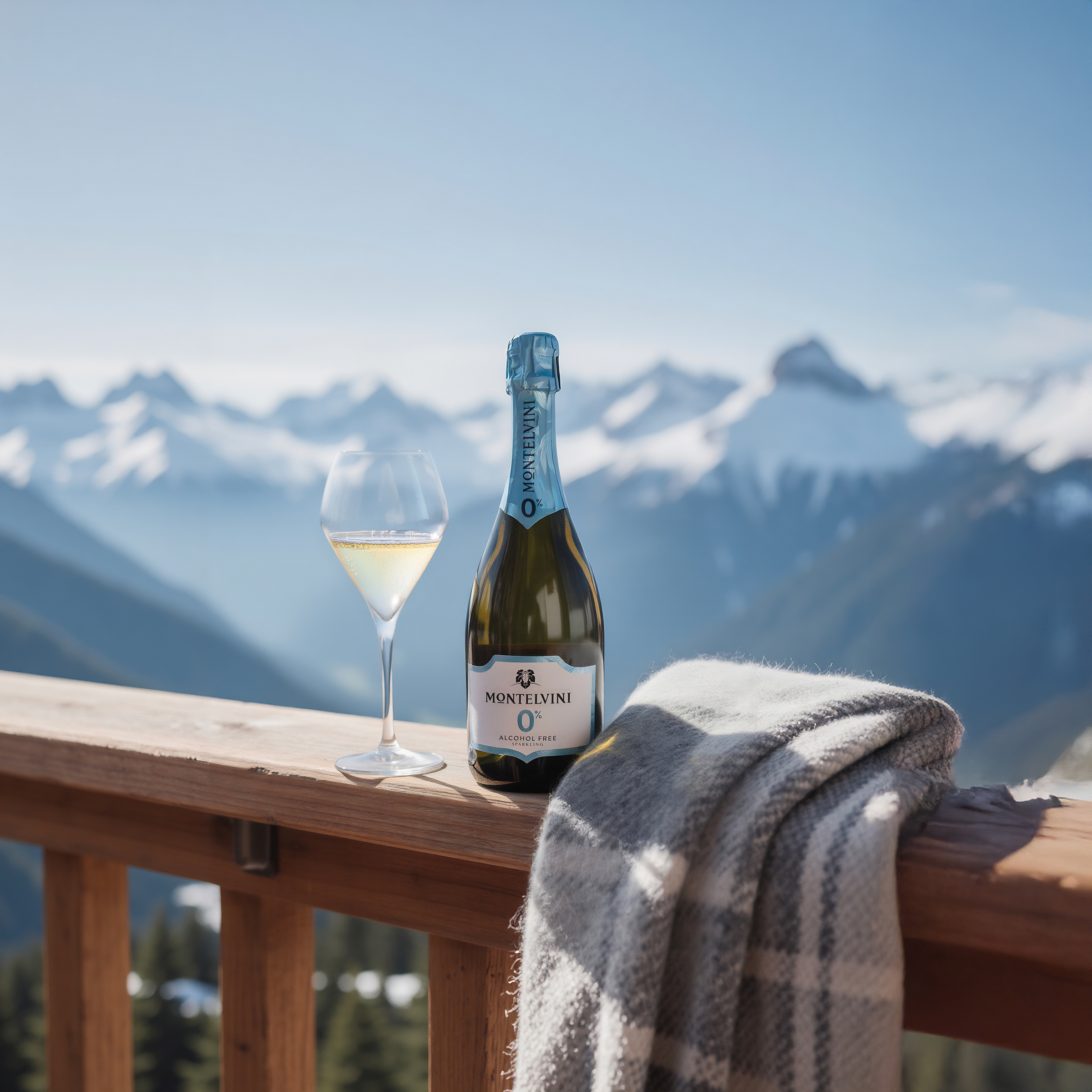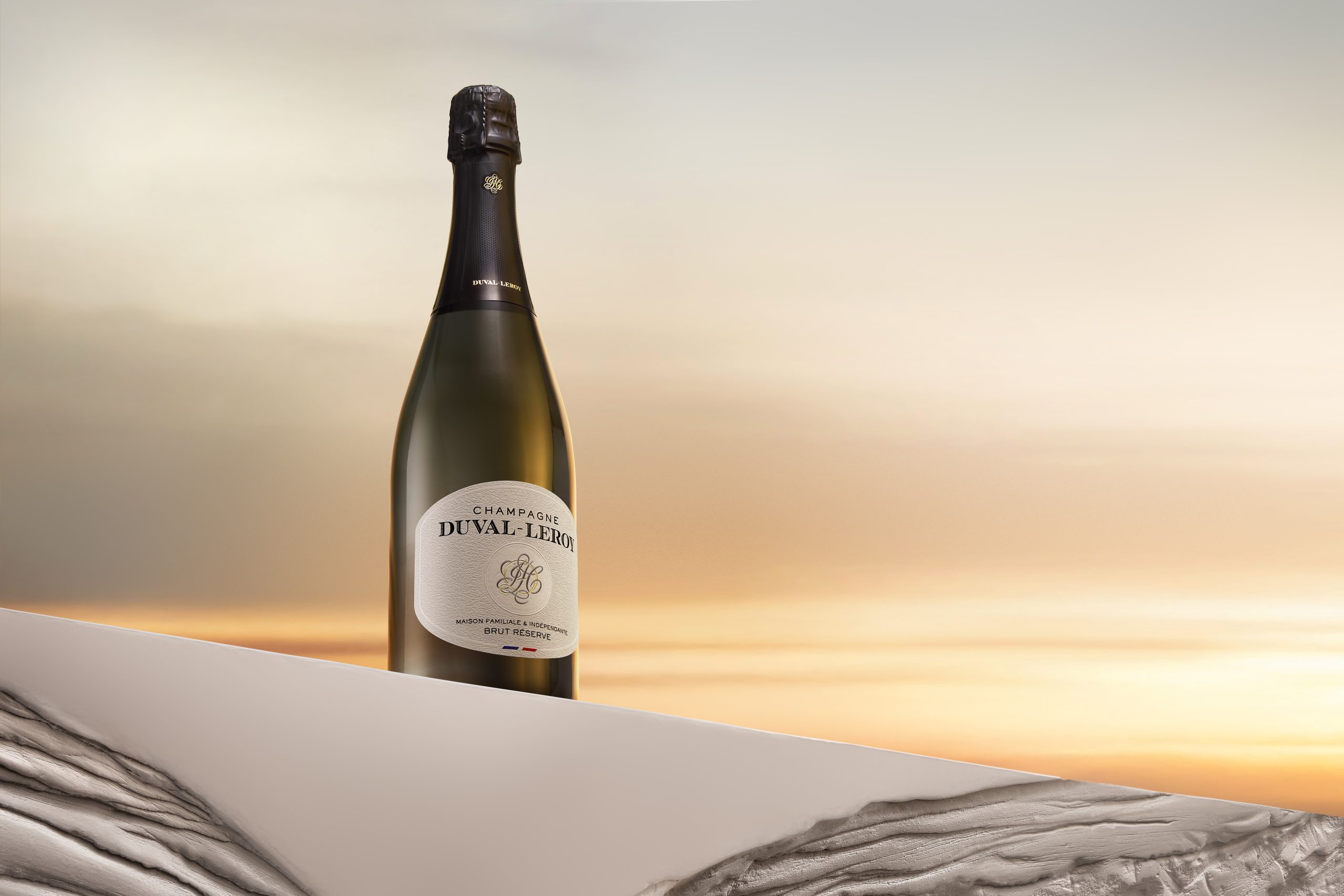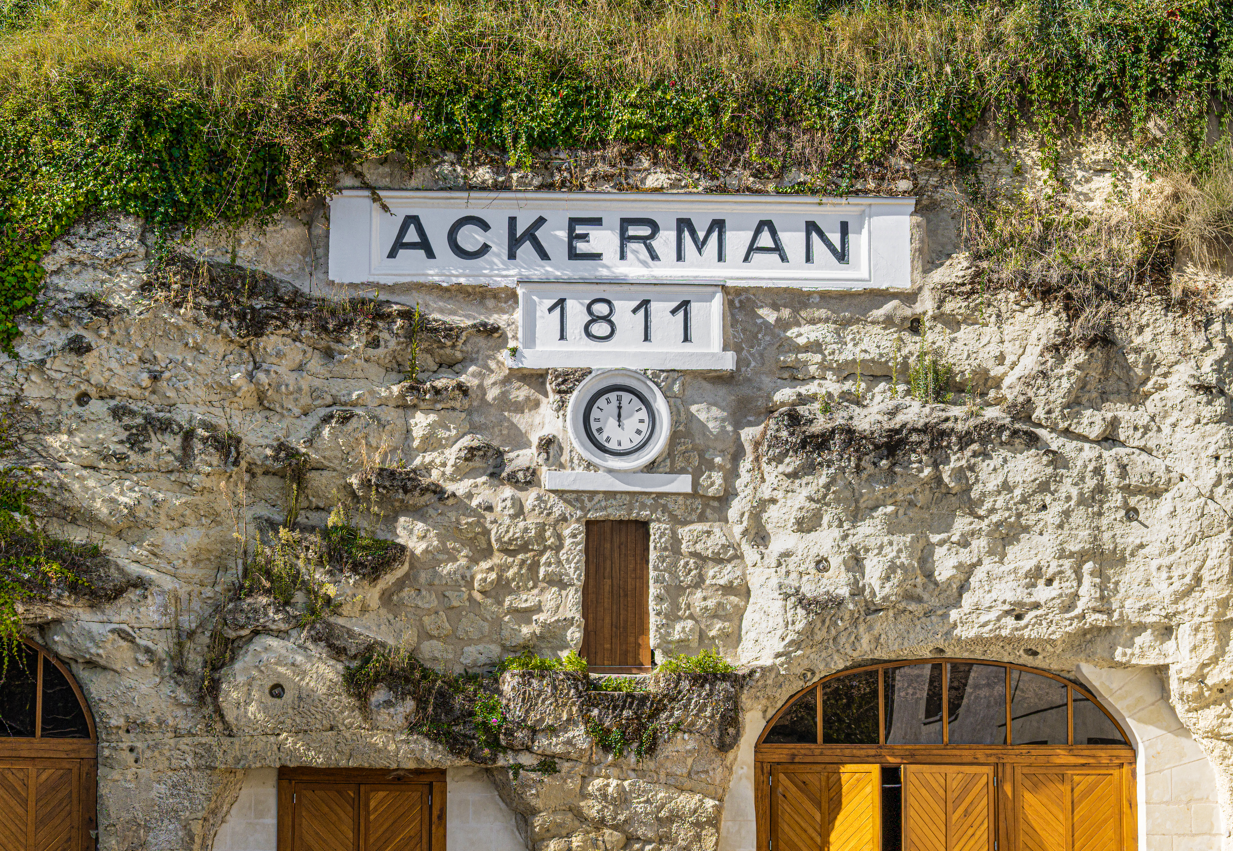Ulysse Collin launches ‘Rosé de saignée’ exclusively for HK & China
Congy-based Champagne grower, Ulysse Collin, has launched his 2012 ‘Rosé de Saignée’ exclusively for Hong Kong and China.
The Champagne, made with Pinot Noir from the same vineyard for his flagship single-vineyard cuvee ‘Les Maillons’ has only a limited release of 700 bottles for the two markets, Olivier Collin, owner of the estate told dbHK at the L’Imperatrice annual portfolio tasting in Hong Kong this month.
The 2012 vintage, deemed by many as an exceptional year for Champagne, has led major Champagne houses including Dom Pérignon and Philipponnat to declare it a vintage. Nonetheless, it was not always an easy year in the region and smaller grower Champagne houses such as Ulysse Collin in Congy, located in the south of the Côte des Blancs suffered various degrees of production losses due to diseases and frost.
Collin revealed that due to the perilous growing season and diseases in the vineyards, two of his wines – ‘Les Roises’, a single-vineyard cuvée made from 100% Chardonnay, suffered a 75% production loss, and his ‘Les Enfers’, another single-vineyard cuvée was hit the hardest. As a result, no ‘Les Enfers’ was made in in 2012.
A protégé of Anselme Selosse, the vigneron exerts minimal intervention in the vineyards, and the 2012 vintage for Ulysse Collin was made completely using organic methods, the owner said. This at the same time in a tough vintage made his fruit more susceptible and vulnerable to both diseases and the challenging weather conditions, he added.
“We are not yet producing [completely] organically but 90% of our practice is organic. This gave us flexibility to deal with the diseases like mildew,” Collin explained. His latest 2016 vintage, a challenging year, was saved thanks to what he calls his ‘pragmatic way’ of winemaking.
Partner Content
The vigneron, who has taken back his family vineyards from a négociant, has been making 100% single-vineyard cuvées since 2003. The grower ploughs his vineyards three or four times a year to encourage biodiversity, a process that he considers “the most important thing to produce terroir wine”.
“To plough the soil encourages biological activities for oxygen, water, temperature and fungus. They mineralise the soil and permeate to the roots. In Champagne, we are on chalk, so the minerality gives saltiness,” he explained, speaking of one of the main characteristics of his wines.
There’s little dosage in his wines but the winery adds 1.7 g/l for ‘Les Pierrieres’, ‘Les Enfers’ and ‘Les Roises’, and 2.4g/l for ‘Les Maillons’ and ‘Rosé de Saignée’ respectively.




